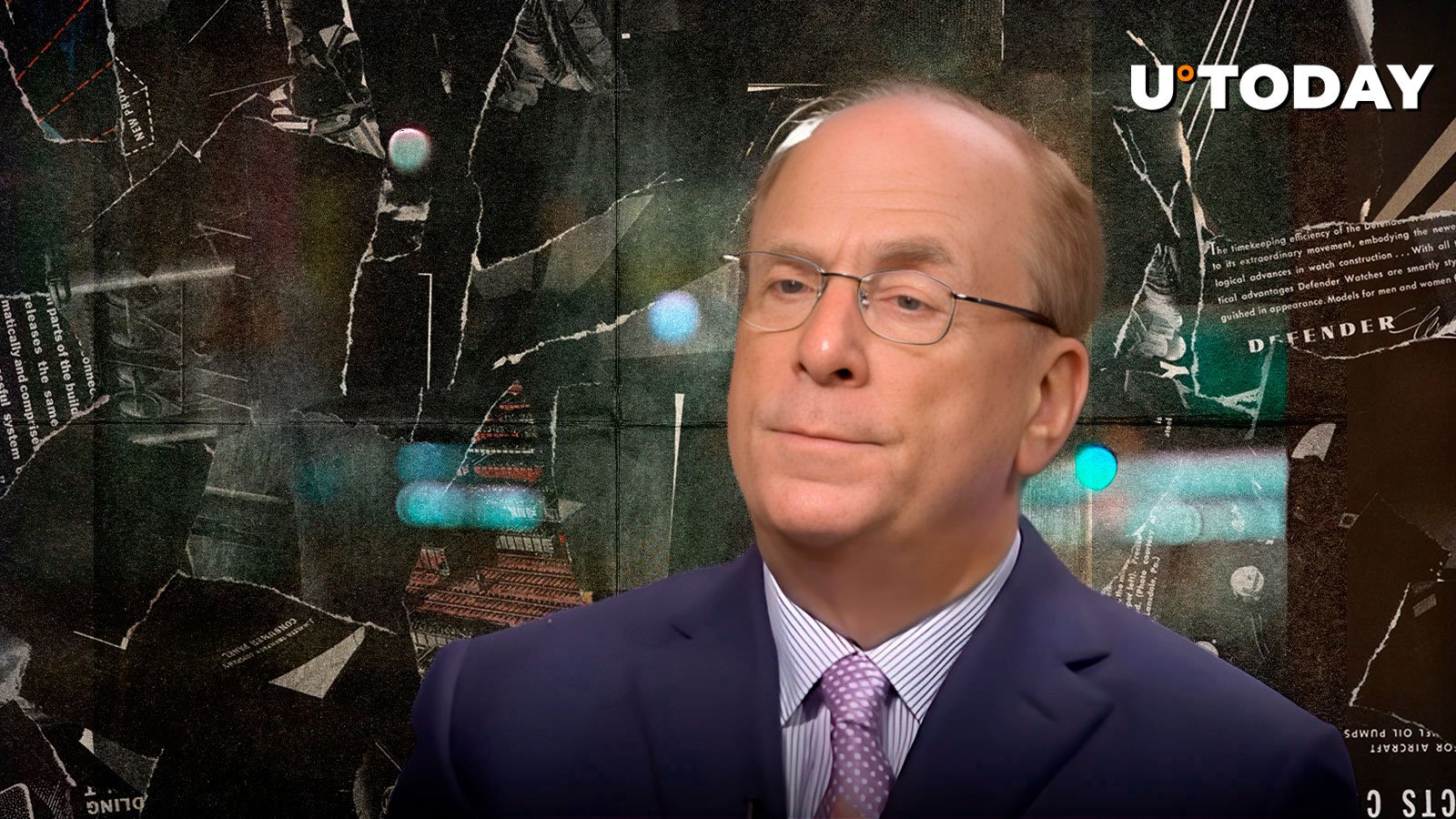A Response to Criticism
I am writing in response to your recent editorial critiquing cryptocurrency and the industry’s role in the 2024 election cycle.
The Promise of Cryptocurrency
Cryptocurrency and digital assets are groundbreaking innovations that offer immense benefits to the global economy, particularly in expanding financial access to those underserved by traditional banking systems. The transparency offered by blockchain technologies allows for traceable and verifiable transactions on public ledgers, countering the verifiably false notion that it is a tool for secrecy.
Seeking Clarity, Not Deregulation
More than ever, this is an industry that seeks regulatory clarity, not deregulation. Its political proponents are leading the charge to ensure this happens quickly, as the United States is falling behind on these technologies globally.
Empowering the Underserved
In many parts of the world, millions of people have limited or no access to conventional financial institutions, making it impossible for them to participate in the global economy. Cryptocurrency provides these individuals with a way to engage in secure financial transactions without the constraints of geography or politics. In countries with high inflation or unstable banking systems, crypto can serve as a hedge against local currency devaluation, preserving the wealth and savings of everyday citizens.
Fostering Innovation
It’s also important to highlight the role cryptocurrency plays in fostering innovation. Blockchain, the underlying technology behind cryptocurrencies, has spurred developments in fields ranging from supply chain management to healthcare. Many legitimate organizations and businesses use cryptocurrency to increase efficiency, transparency, and accountability. The technology itself is neutral.
Advocating for Balanced Regulation
The cryptocurrency industry has been seeking a balanced and clear regulatory framework, such as the FIT21 Act, which passed with overwhelming bipartisan support in the U.S. House of Representatives. This is not deregulation, but rather clarity through regulation which the United States currently lacks.
Protecting Privacy and Autonomy
The solution is not to suppress or stigmatize crypto but to ensure its responsible use through policies that protect consumers, prevent fraud, and track criminal activity — without compromising the privacy and autonomy of law-abiding users. Privacy is another area that cryptocurrency addresses, and one that deserves to be defended in a digital age increasingly defined by surveillance and authoritarian governance. People have a right to financial privacy, and cryptocurrency, through its decentralization, offers an alternative to the centralization of power in traditional financial institutions that often control individuals’ personal data.
Misuse is Not Unique to Cryptocurrency
Lastly, it’s crucial to remember that the misuse of any financial tool is not unique to cryptocurrency. Just as the U.S. dollar and cash have long been used as the primary mechanism for criminal enterprise worldwide, this does not diminish its value to society. A rational approach to cryptocurrency would address its vulnerabilities without hindering its broader benefits.
Call to Action
I urge you and your readers to consider the broader benefits of cryptocurrency and advocate for thoughtful, well-informed regulation that encourages innovation without sacrificing trust. The industry is not invisible in the slightest. There are over 30 current pro-crypto candidates running nationally, and the industry has made its presence known in every relevant race including the current presidential race. Cryptocurrency and digital assets are not going away. It’s up to us to shape how they are integrated into our financial systems.
ANDREW BURCHWELL
Executive Director,
Ohio Blockchain Council
First Published November 4, 2024, 5:00 a.m.









Comments
Join Our Community
Sign up to share your thoughts, engage with others, and become part of our growing community.
No comments yet
Be the first to share your thoughts and start the conversation!